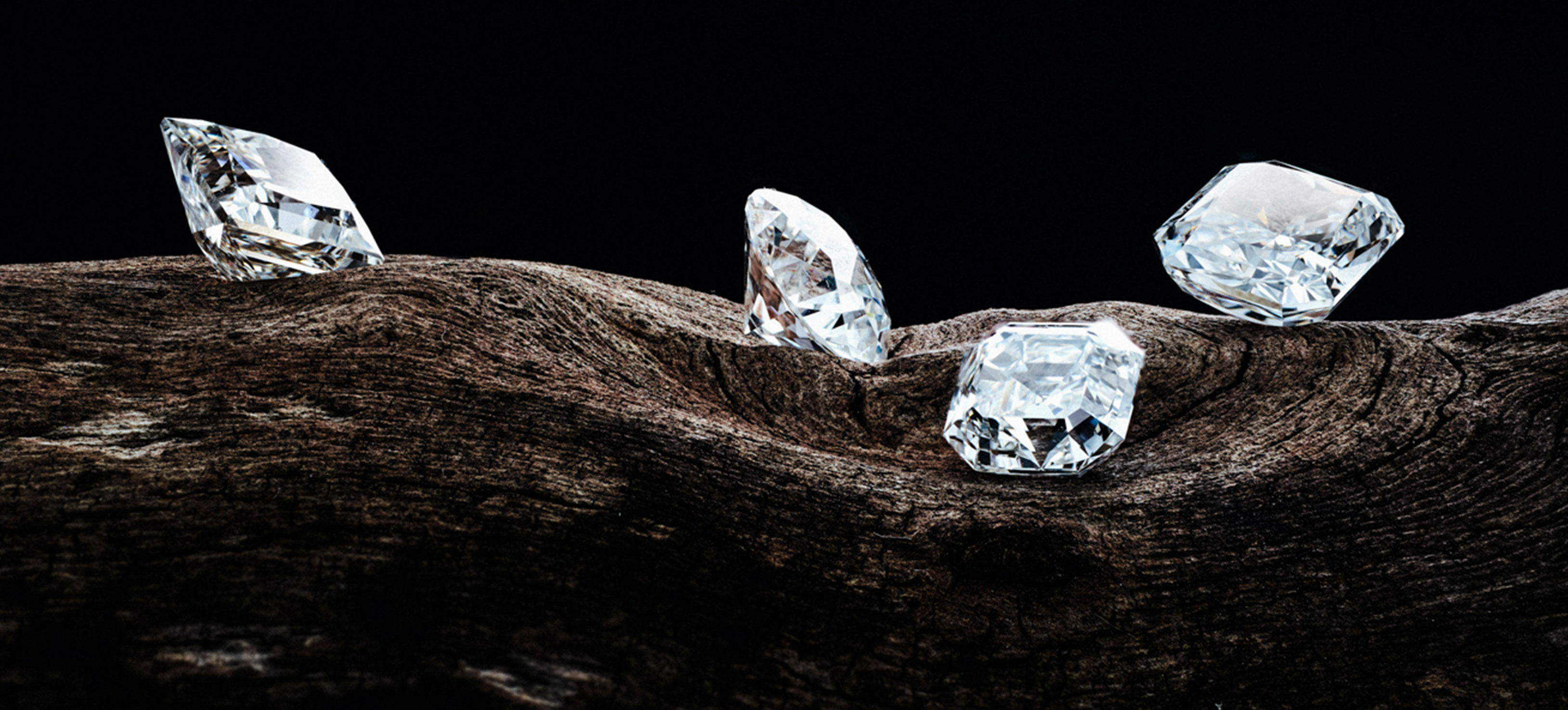
Introduction
Diamonds have long been considered symbols of eternal love, luxury, and opulence. However, there’s a growing discourse about the hidden costs behind these sparkling gems. Are mined diamonds tied to more than just economic and aesthetic value? Could there be a darker side—one associated with bad karma? Let’s explore this intriguing intersection of luxury and morality.
Understanding Mined Diamonds
The Process of Diamond Mining
Diamonds are formed under intense pressure deep within the Earth’s mantle and are brought to the surface through volcanic eruptions. Mining these precious stones involves several steps, from exploration and extraction to sorting and cutting. However, the beauty of diamonds can sometimes obscure the harsh realities of their extraction.
Environmental Impact
Diamond mining isn’t just about digging up rocks; it has significant environmental repercussions. Traditional mining methods can lead to deforestation, Mined Diamonds and bad karma, habitat destruction, and pollution of local water supplies. The massive scale of some operations also means that the land can be left scarred and unusable.
Ethical Concerns
The ethics of diamond mining are complex. In regions with weak governance, mining operations can exploit workers, including children, and offer little regard for their safety or fair wages. This has led to a darker side of the diamond trade, where profits are prioritized over people and the environment.
The Concept of Bad Karma
Origins and Beliefs
Karma is a concept rooted in several Eastern philosophies, particularly Hinduism and Buddhism. It’s the belief that one’s actions, good or bad, influence future experiences. Good deeds lead to positive outcomes, while harmful actions result in negative repercussions. But can buying a diamond contribute to bad karma?
How Karma Influences Choices
If karma is about the consequences of our actions, then choosing to support industries with unethical practices could indeed impact our karmic balance. Purchasing a mined diamond that has ties to exploitation or environmental damage might be seen as endorsing these negative outcomes.
Linking Mined Diamonds to Bad Karma
Social and Environmental Implications
The social and environmental implications of mined diamonds can be substantial. Conflict diamonds, also known as blood diamonds, have been linked to wars and violence in various regions, particularly in Africa. Buying these diamonds may inadvertently support such violence, potentially affecting one’s karma.
The Role of Conflict Diamonds
Conflict diamonds are extracted from war zones and sold to finance armed conflicts. These diamonds often come from areas where human rights abuses are rampant. This connection to violence and exploitation adds a layer of moral concern for consumers.
Case Studies and Real-World Examples
Consider the infamous case of Sierra Leone’s civil war, where diamonds were used to fund brutal conflicts. Such instances highlight the dark side of the diamond industry, illustrating how purchasing a diamond could have broader ethical implications.
Ethical Alternatives to Mined Diamonds
Lab-Grown Diamonds
Lab-grown diamonds offer a sparkling alternative to mined gems. Created under controlled conditions, these diamonds are chemically and physically identical to natural ones but without the associated ethical baggage. They provide a way to enjoy the beauty of diamonds while supporting ethical practices.
Recycled Diamonds
Another option is recycled diamonds, lab diamonds, which involve repurposing existing gems from old jewelry. This process reduces the demand for new mining and can be a more sustainable choice for conscientious consumers.
Making Ethical Choices
How to Choose Ethical Jewelry
Choosing ethical jewelry involves being informed and selective. Look for jewelers who provide transparency about their sourcing and practices. Many brands now offer certifications that guarantee their diamonds are conflict-free or lab-grown.
Certifications and What They Mean
Certifications like the Kimberley Process aim to prevent conflict diamonds from entering the market. However, it’s essential to understand what these certifications entail and whether they genuinely reflect ethical practices or merely greenwashing.
The Future of Diamond Industry
Innovations in Sustainable Mining
The diamond industry is evolving, with new technologies aiming to mitigate environmental impact. Innovations like more efficient mining techniques and better waste management could lead to a more sustainable industry.
The Rise of Ethical Consumerism
Consumer awareness is driving change in many industries, including diamonds. As more people demand ethical and sustainable options, the market is responding with better practices and more transparency.
Conclusion
The allure of diamonds is undeniable, but it’s crucial to consider their origins and impact. Mined diamonds, with their potential links to exploitation and environmental damage, present ethical challenges. However, by choosing lab-grown or recycled diamonds and supporting transparent, responsible practices, consumers can align their choices with their values. After all, the beauty of a diamond should be matched by the integrity of its source.
